Online tutoring is a method used to help children in problem areas using an internet connection, text or video chat software, and an educational interface. Online tutors are available for scheduled sessions or on-demand. Payment is made online or over the phone using a credit or debit card. This offers families a convenient personal tutor that can assist your child right from home without the hassle of travel. It is not beneficial for all students, though, and parents should keep this in mind when trying the service.
Advantages
Online tutoring is convenient for working parents or children with after school activities. Finding an online tutor to work around your schedule is easier than finding a traditional tutor. Online tutors can also be hired on a one-time basis for course reviews or quick homework help. In emergency situations, tutoring sites can deliver assistance within a few minutes. There’s a wider selection of tutors, as well. With traditional tutors, parents take proximity into account. Online, tutors can be chosen from anywhere; you don’t have to choose the closest or the only tutor available for your hectic schedule. You can provide your child with the best.
Problem Areas
Online tutoring is not perfect. The method of connecting with the tutor means that technology and network issues do arise and can potentially cut off important tutoring session. This technology may also increase the price of using the service. Students often need things like webcams and microphones to interact with tutors. If this is not already part of your home setup, add it to the hourly tutoring cost. These considerations usually aren’t necessary with traditional tutors who can use a cheap pencil and paper approach.
Furthermore, online tutoring is not a good fit for some students. A remote tutor does not command a child’s attention like a traditional tutor. This means hyperactive children can lose focus online without the tutor being in a position to notice and deal with it. A child’s problem area may also not be a good choice for online learning. Foreign languages may use very specific pronunciations and mouth movements that are hard to catch on a computer. A traditional tutor can detect small movements and non-verbal cues better, enabling a good tutor to build a strong connection to the student.
It can be hard to know when online tutoring is the right choice for your child. Many tutoring programs offer trial sessions. During this time, pay careful attention to your child’s responses. Make sure there isn’t a gap in communication, the tutor is getting through to them, and the child is not losing focus. You know your child best; if online tutoring works well, it can be a helpful resource for your family.





